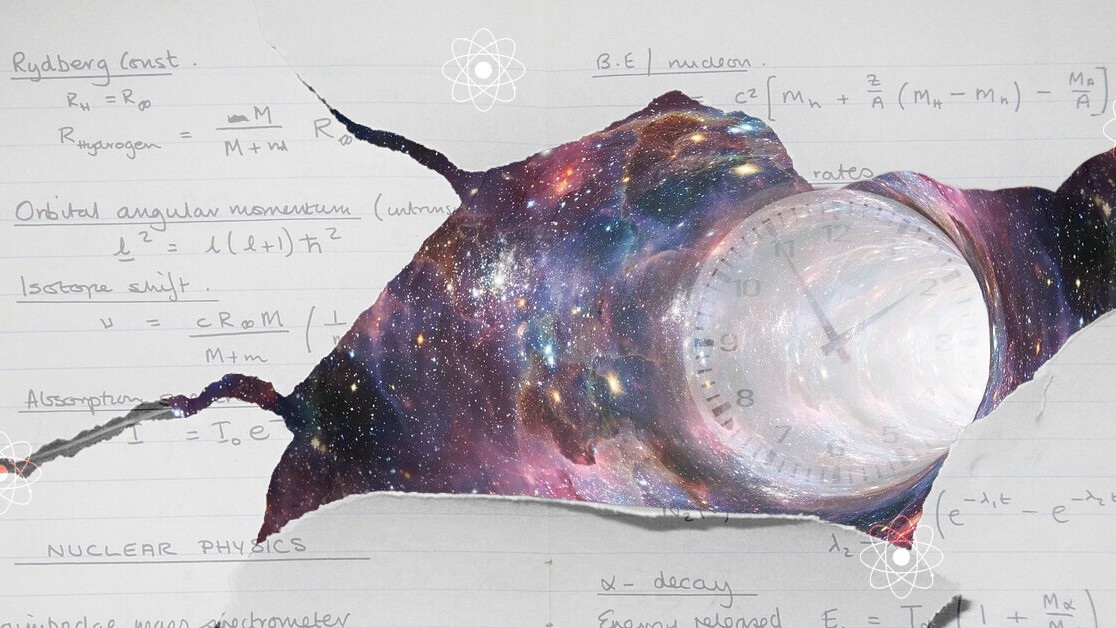
A team of researchers at Penn State University recently began exploring high-powered solutions for drug discovery in hopes of stumbling upon the cure for COVID-19. Hundreds of other research teams, including those backed by big tech and big pharma, are working the same problem. But this study is different. The Penn State team is bringing quantum AI to the fight.
Traditionally, drug discovery’s been a painstaking process involving trial-and-error. We’re talking eyeballs on microscopes, pen and paper graphs, and thousands of definite negatives for every possible positive. The advent of deep learning sped things up a bit.
Read: Here’s what quantum computing is and why it matters
As Neural’s own Thomas Macaulay recently pointed out in their article, “Drug discovery might be the best use of AI to tackle the pandemic,” the use of algorithms to sift through near-infinite chemical combinations is a gamechanger. One startup, BenevolentAI, believes its system may have even discovered a potential treatment for COVID-19 (its currently in trials).
But what if that treatment doesn’t pan out? How long before the machines find the next potential cure? What we need is a method by which we can more quickly discover chemical combinations that could work as treatments.
Enter the Penn State research team led by engineer Swaroop Ghosh.
Ghosh’s team hopes to significantly speed up the process of finding a cure or treatment for COVID-19 by addressing a root problem with classic algorithms for drug discovery, a lack of data. Ghosh told Penn State’s Sarah Small:
High-performance computing such as supercomputers and artificial intelligence can help accelerate this process by screening billions of chemical compounds quickly to find relevant drug candidates. This approach works when enough chemical compounds are available in the pipeline, but unfortunately this is not true for COVID-19. This project will explore quantum machine learning to unlock new capabilities in drug discovery by generating complex compounds quickly.
Ghosh is working with several electrical engineering and computer science students to work on optimizing a quantum AI system. This work is exploratory, meaning there’s no guarantee anything useful will come out of it. But despite the fact that quantum computing is in its infancy, there’s hope.
One of the most-mentioned use cases for quantum machine learning algorithms is this sort of discovery. Quantum computers excel at these problems because they aren’t constrained by classic binary computation limitations. With quantum computers, researchers can find more avenues to discovery in a shorter period of time using less data.
For more information, check out Ghosh’s work here.
Get the TNW newsletter
Get the most important tech news in your inbox each week.





